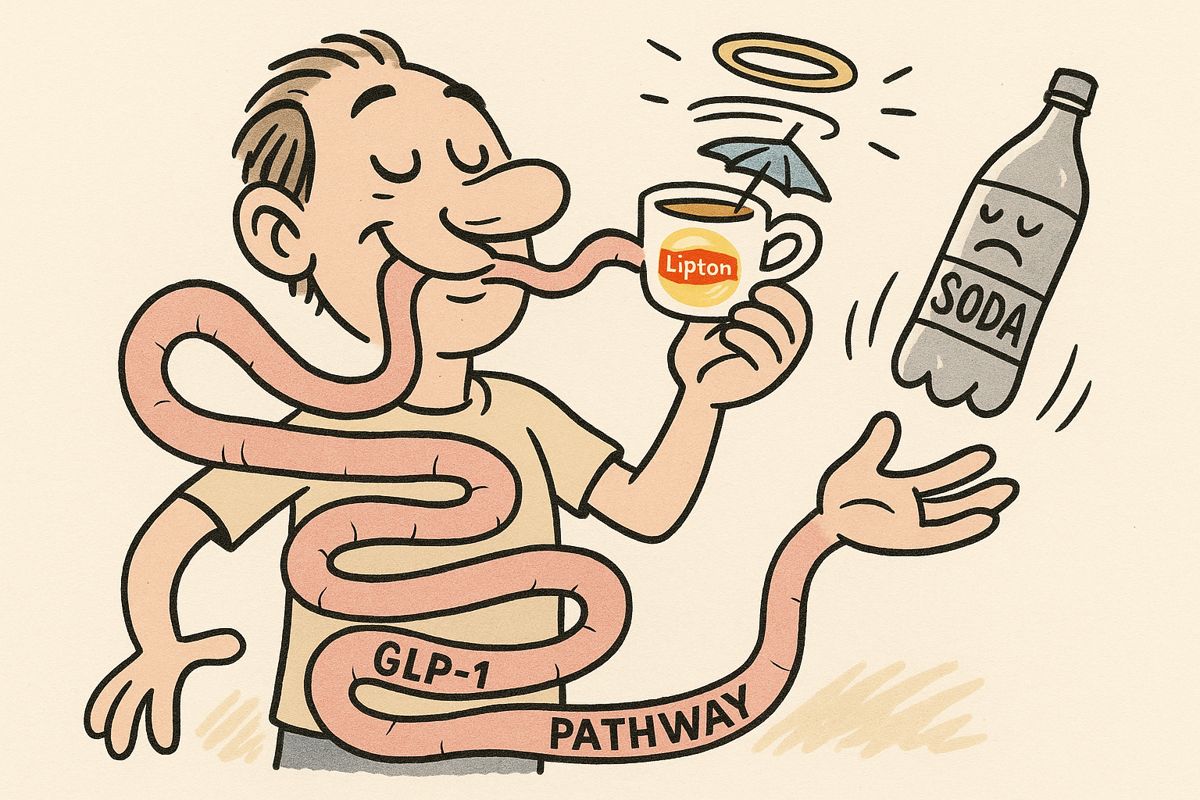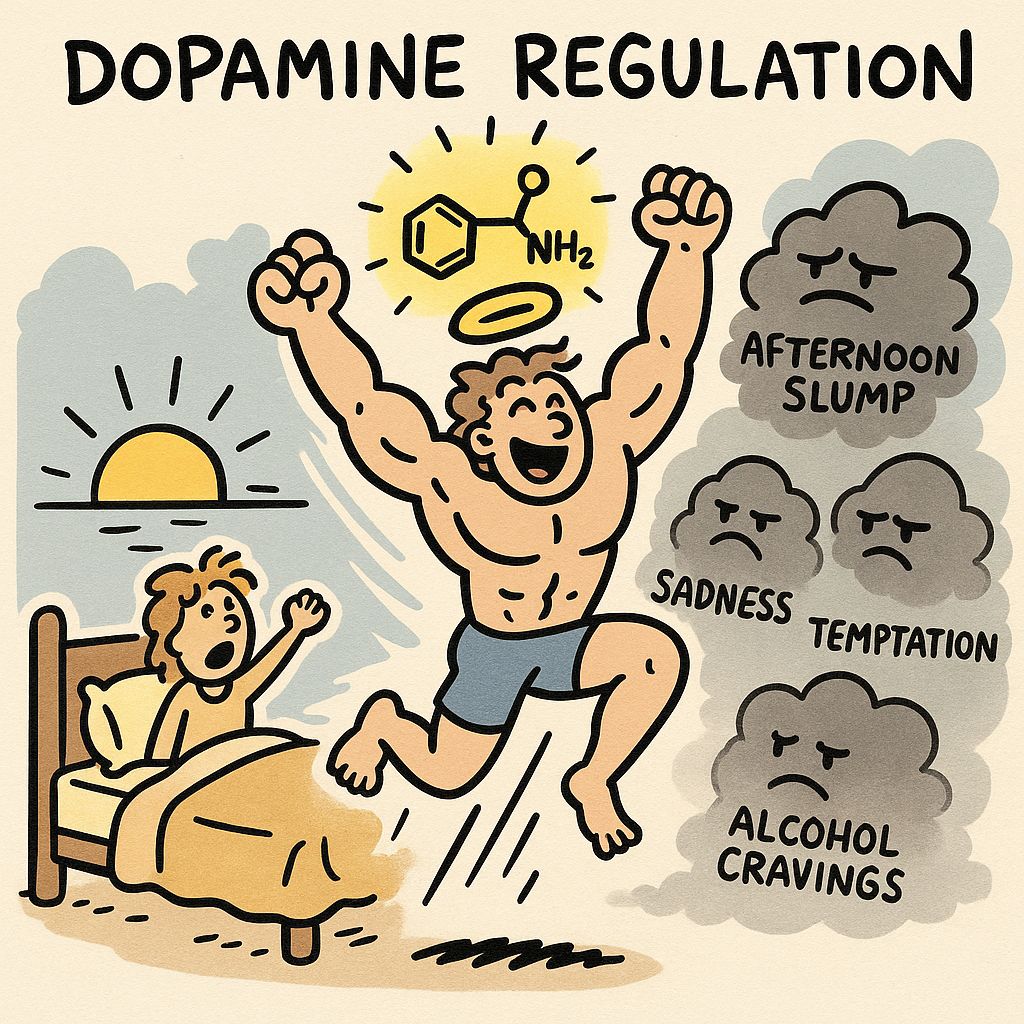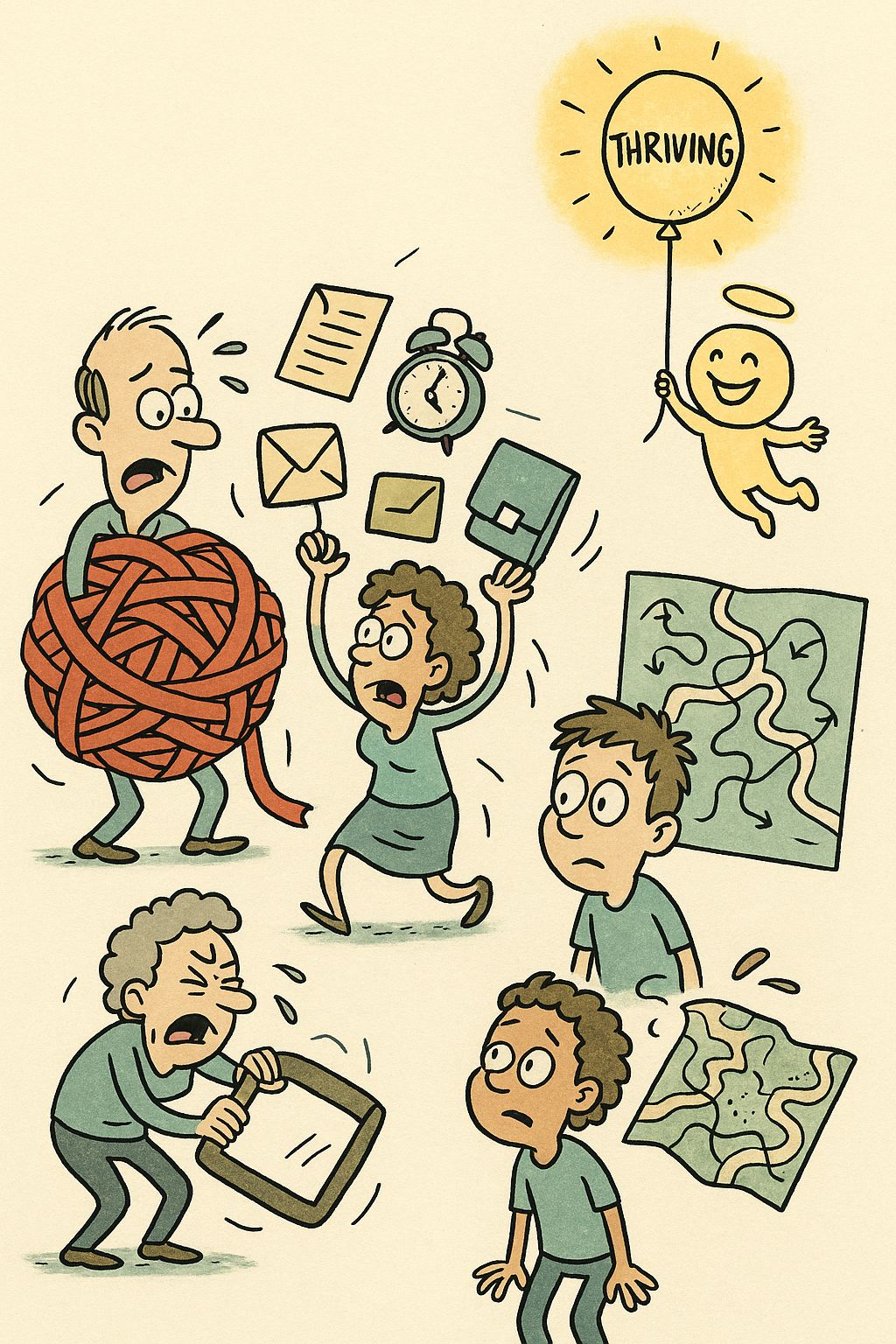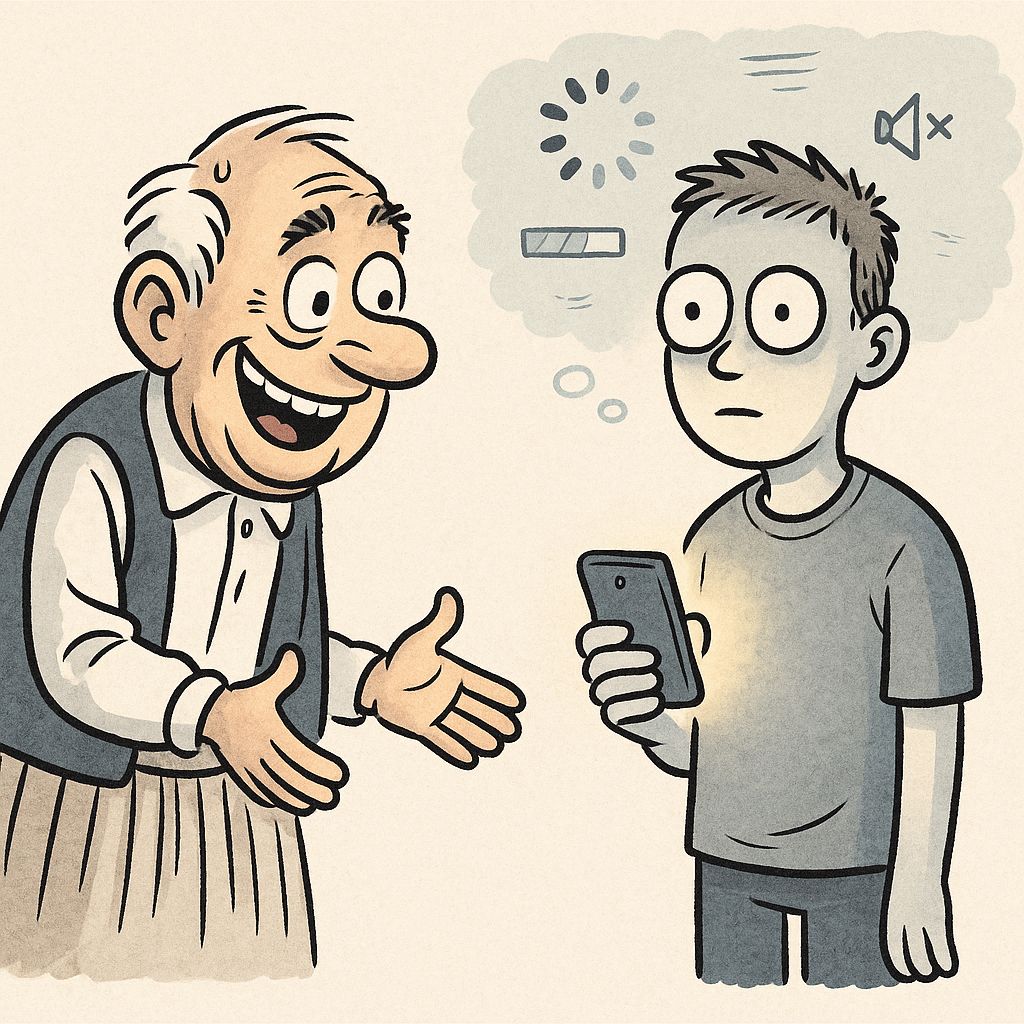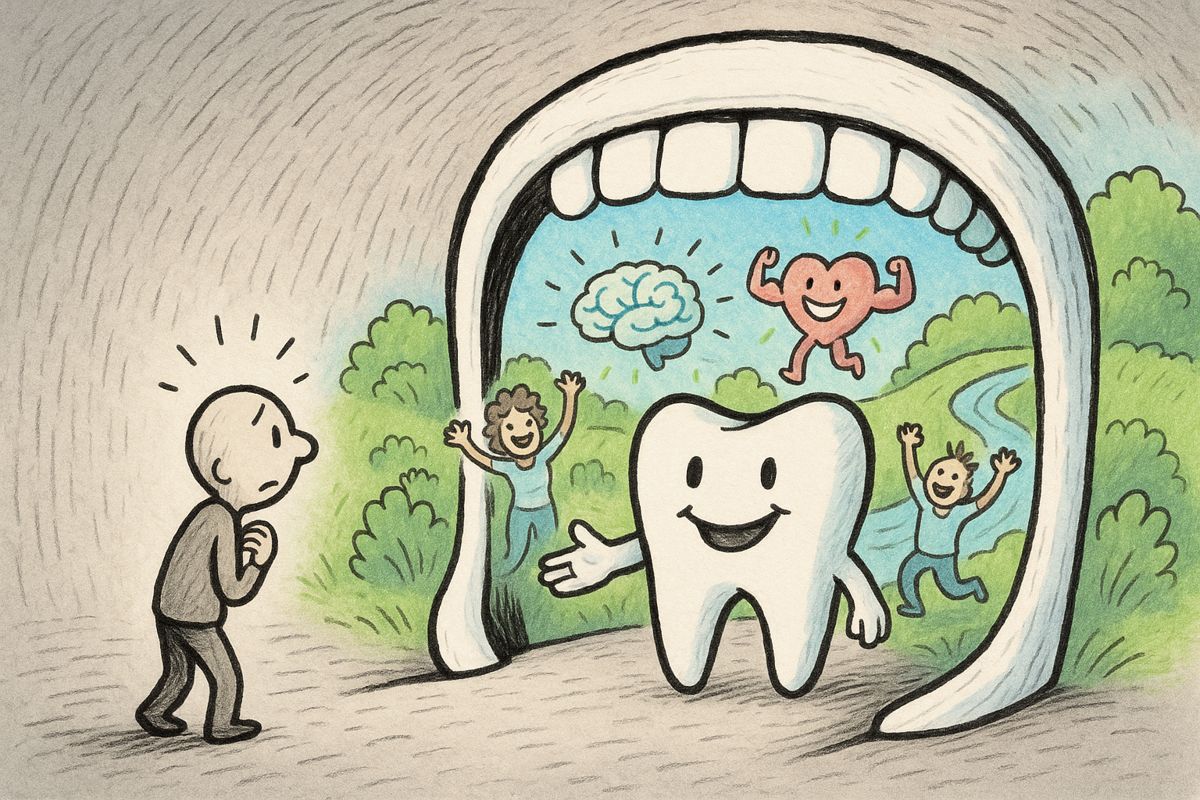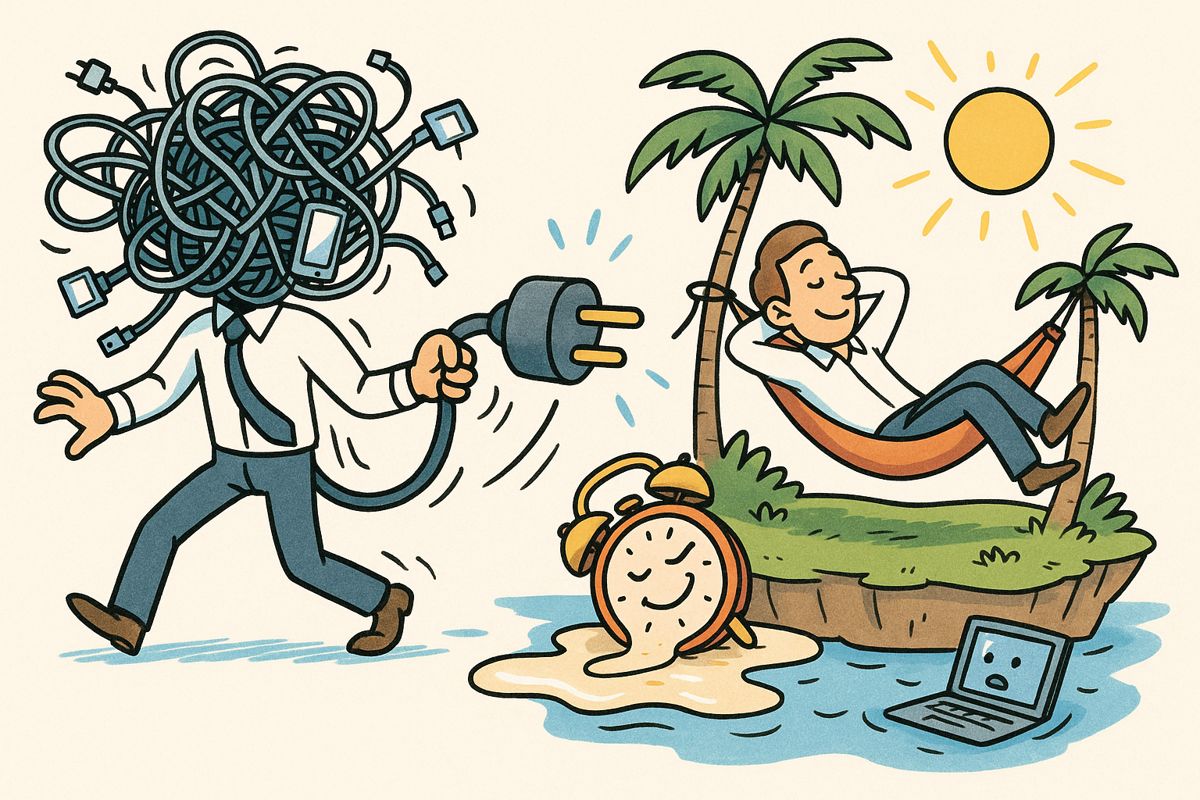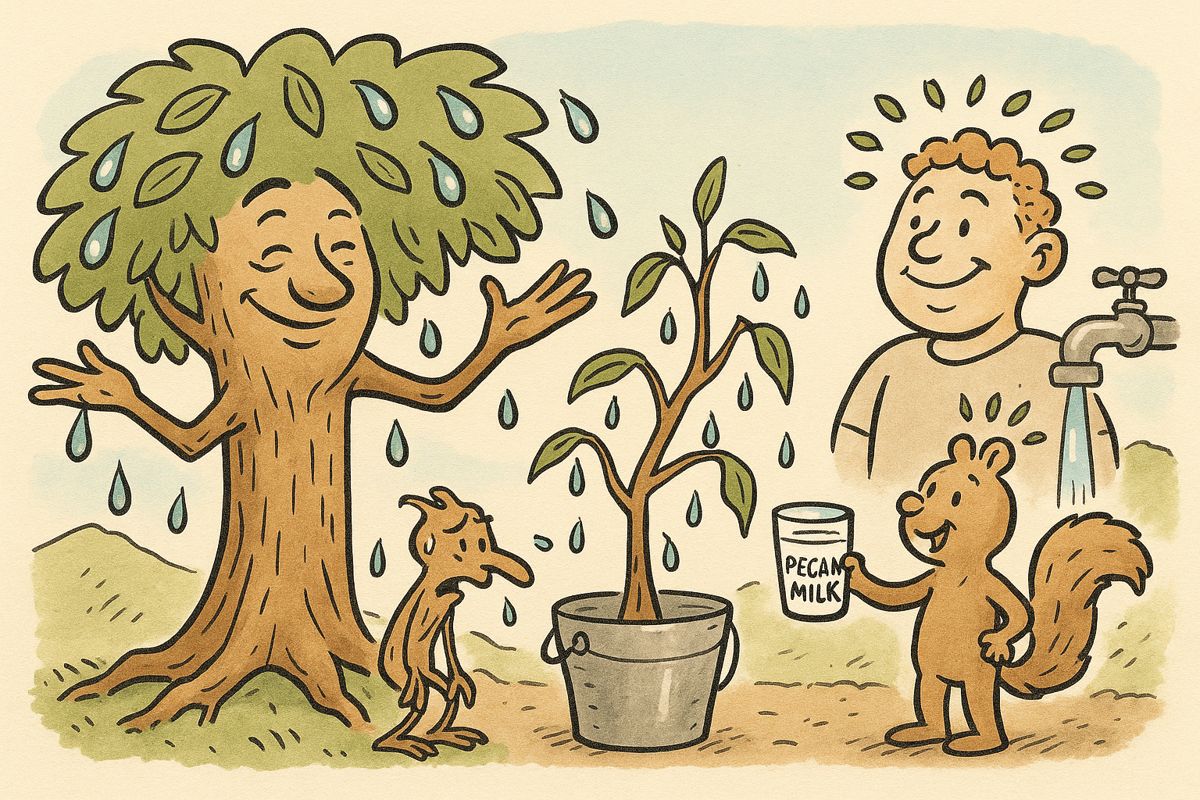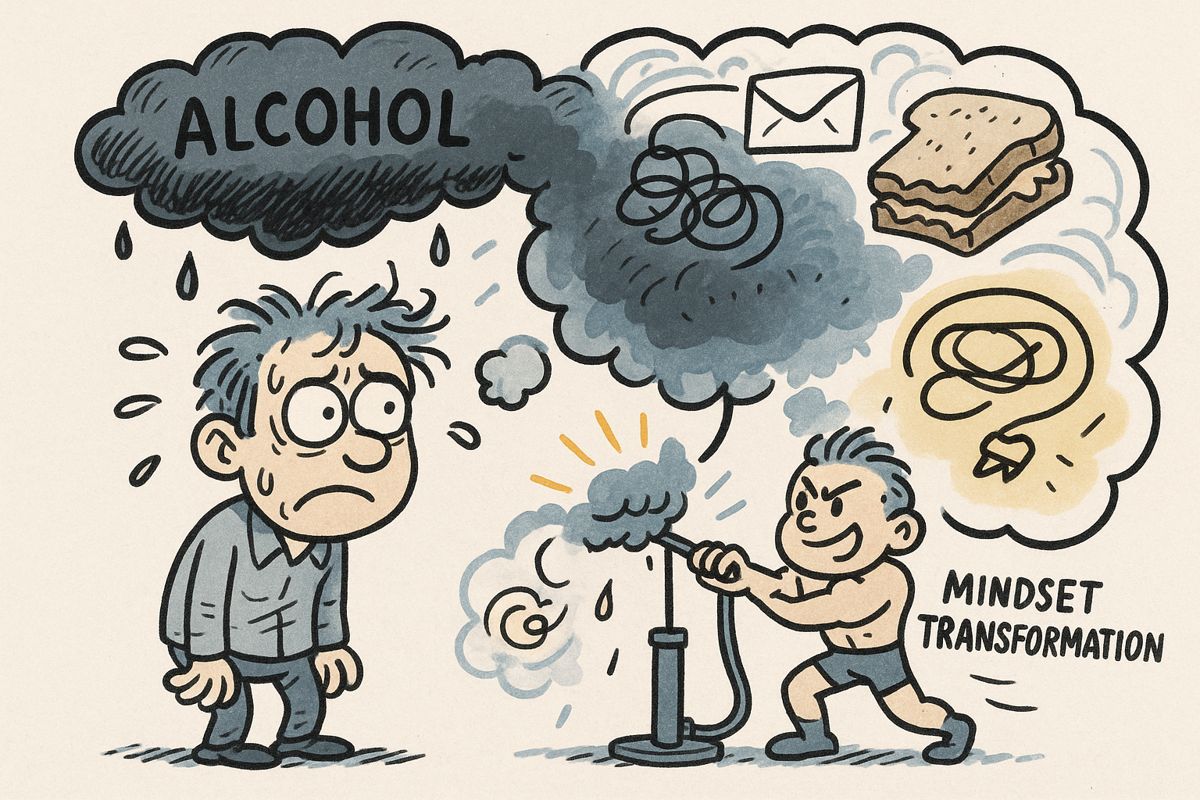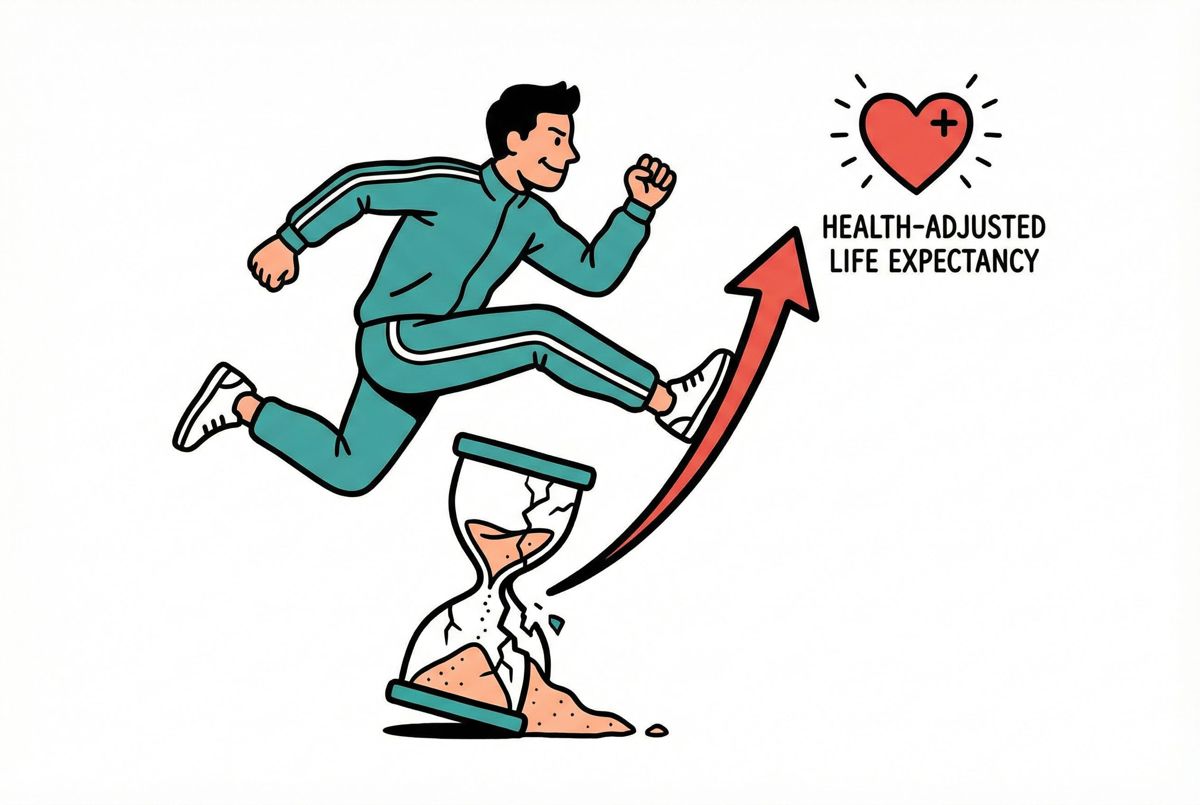
The Wake-Up Call: Turning a Near Miss Into Your Ultimate Health Lever
Every high performer faces a moment when the system breaks down. For Tim Denning, that breakdown came as a health scare in 2015 a signal that forced him off autopilot. The result? A total redesign: Denning ditched his highstress banking gig at 34 and reengineered his lifestyle for energy, resilience, and impact.

